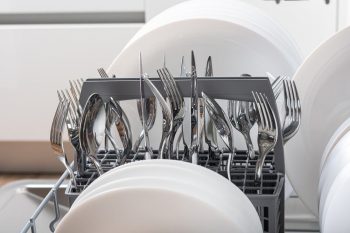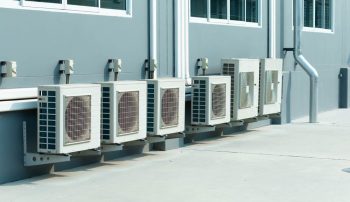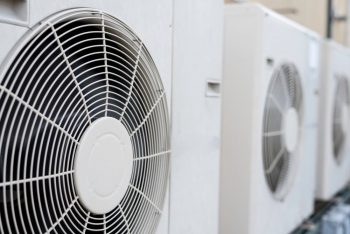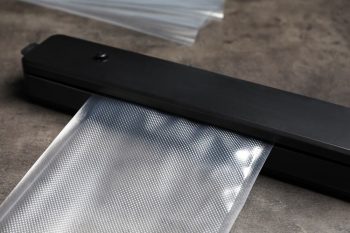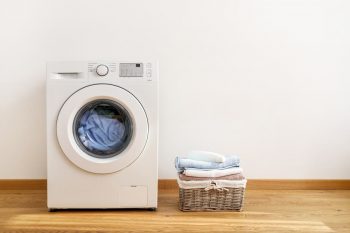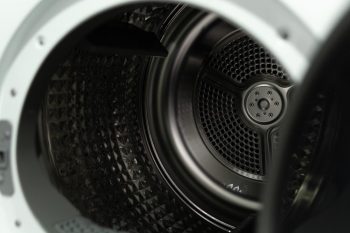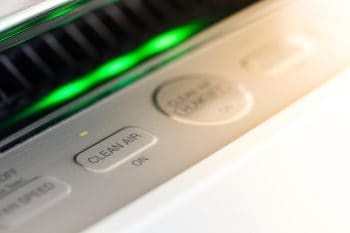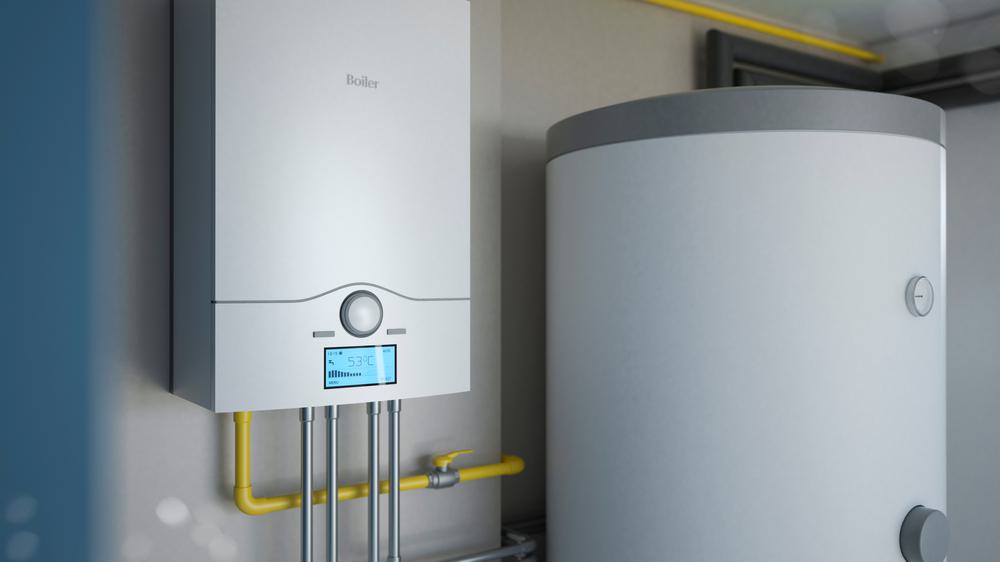
Bleeding a hot water heater is an essential maintenance task that ensures your heating system is running at peak efficiency. This comprehensive guide will walk you through the process of bleeding your hot water heater and provide you with the necessary knowledge and tools to handle it like a pro.
Bleeding a hot water heater involves removing trapped air from the system to improve its efficiency. To do this, you need to turn off the power and cold water supply, open a hot water faucet, attach a hose to the drain valve and let the water and sediment drain out of the tank. After draining, close the drain valve, turn on the cold water supply, and bleed air from the system by opening hot water faucets until no more air comes out. Finally, restore power and gas supply and check for leaks. This process is typically done once a year or more frequently in areas with hard water.
What is Bleeding a Hot Water Heater?
Bleeding a hot water heater refers to the process of removing trapped air from the system. This is crucial for maintaining the efficiency of your heater and ensuring a warm home. Air trapped in the hot water heating system can cause problems such as strange noises, poor circulation, and inefficient heating. Bleeding the system helps improve heating efficiency and prolongs the lifespan of the system.
Why Do You Need to Bleed a Hot Water Heater?
Air can easily get trapped in your hot water heater, leading to a number of issues. For instance, it can cause gurgling noises, poor heating, and inefficient energy usage. Most hot water systems are closed systems, meaning water constantly circulates back and forth between the pipes and boiler. Since most hot water heating systems don’t have an automatic purge system, it’s necessary to bleed or purge the system manually every fall.
Signs Your Hot Water Heater Needs to Be Bled
Common signs that your hot water heater needs to be bled include: * Strange noises coming from the radiator or plumbing * A sound like draining water coming from the heating pipes * Inadequate heating or radiators not heating up properly
Tools Required for Bleeding a Hot Water Heater
To bleed a hot water heater, you will need the following tools: 1. A radiator bleed key or a straight screwdriver 2. A glass, cup, or mug to collect the water 3. A rag or cloth to clean up any spills 4. Protective gloves to protect your hands from hot water 5. A small bowl or another rag to catch the eventual dribbles of water when bleeding a radiator
How to Bleed a Hot Water Heater: Step-by-Step Guide
Here’s a step-by-step guide on how to bleed a hot water heater:
- Turn off the power supply: This is done by switching off the breaker switch in your electrical panel for electric heaters or turning off the gas supply valve for gas heaters.
- Turn off the cold water supply: Locate the cold water valve at the top of the water heater and turn it off.
- Open a hot water faucet: Turn on the hot water in a sink or tub to prevent a vacuum from forming in the lines while you’re draining the hot water tank.
- Attach a garden hose to the drain valve: Connect a garden hose to the drain valve located near the bottom of the water heater. Ensure the other end of the hose leads outside or into a bucket.
- Open the drain valve: Open the drain valve to allow water and sediment to flow out of the tank through the garden hose.
- Drain the tank: Allow the water to drain completely from the tank. This may take some time, depending on the size of your water heater and the amount of sediment buildup.
- Close the drain valve: Once the tank is empty, close the drain valve and remove the garden hose.
- Turn on the cold water supply: Turn the cold water valve back on to refill the tank.
- Bleed air from the system: As the tank refills, air may become trapped in the lines. To remove the air, open the hot water faucets in your home, starting with the faucet farthest from the water heater. Run the water until no more air comes out of the faucets.
- Restore power and gas supply: Turn the power supply back on for electric water heaters or turn the gas supply valve back on for gas water heaters.
- Check for leaks: Inspect the drain valve and other connections for any leaks. If you notice any leaks, tighten the connections or contact a professional plumber for assistance.
When and How Often Should You Bleed Your Hot Water Heater?
It’s generally recommended to bleed your hot water heater once a year. However, if you live in an area with hard water, you may need to bleed your water heater more frequently. Regular maintenance helps maximize energy efficiency and extend the lifespan of the unit.
In conclusion, bleeding a hot water heater is a crucial maintenance task that can significantly improve the efficiency of your heating system. By following the steps outlined in this guide, you can effectively bleed your hot water heater and ensure it runs smoothly.
Frequently Asked Questions
What should I do if there’s still air in the system after bleeding my hot water heater?
If you still hear gurgling noises or experience inadequate heating after bleeding your hot water heater, you may need to repeat the bleeding process. If the problem persists, it might be a sign of a more serious issue, and you should seek help from a professional plumber.
What happens if I don’t bleed my hot water heater?
Failing to bleed your hot water heater can lead to reduced efficiency in your heating system, which means your heater will need to use more energy to heat your home. This can lead to higher energy bills. Additionally, trapped air can cause damage to your system over time, potentially leading to costly repairs or the need for a replacement.
Can I bleed a hot water heater by myself?
Yes, you can bleed a hot water heater by yourself. The process is relatively straightforward and doesn’t require any special tools. However, if you’re not comfortable doing it yourself or if you encounter any problems, it’s best to call a professional plumber.
How long does it take to bleed a hot water heater?
The process of bleeding a hot water heater can take anywhere from 30 minutes to an hour, depending on the size of your water heater and the amount of trapped air in the system.
Is there a specific time of the year when I should bleed my hot water heater?
It’s generally recommended to bleed your hot water heater in the fall, before the start of the heating season. However, if you notice any signs that your heater needs to be bled (like strange noises or poor heating), you should do it as soon as possible, regardless of the time of year.

